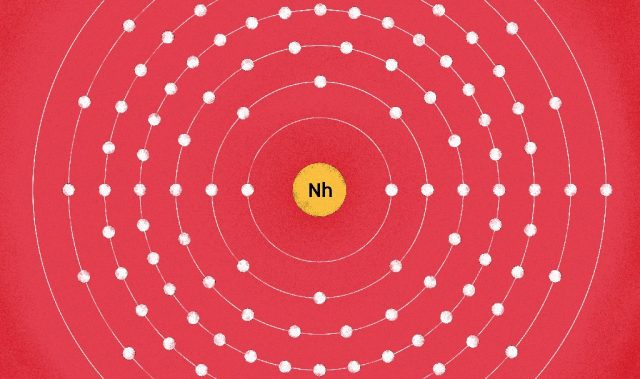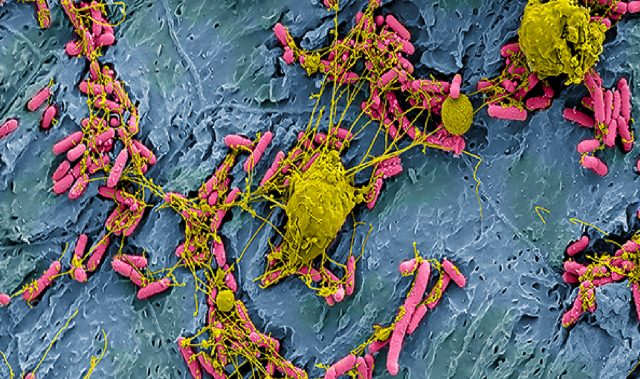
AsianScientist (Jul. 4, 2014) – In the latest twist to what is perhaps the most dramatic science story of the year, Dr. Haruko Obokata’s high profile papers in Nature have been retracted.
The retraction notices for both the article and letter were published online on 2nd July, citing “critical errors” which “impair the credibility of the study as a whole.” This dual retraction may come as a surprise; as recently as late May this year, Obokata had said that she “would not oppose” the retraction of the letter but stood by the findings of the article, even though it was the article that the RIKEN inquiry deemed most problematic.
What started off as a feel-good story with all the right newsworthy elements—an attractive young researcher coming up against the scientific institution with counter-intuitive and game-changing ideas—has turned into a cautionary tale of the price of fame and the pressures to publish in high impact journals.
On a personal and national level, the entire debacle might have irreversibly damaged a promising young researcher’s career and cast doubt upon a reputable Asian research institute. However, the incident has also generated much needed debate on universal scientific issues such as the role of media in communicating research findings, the reliance on peer-review for gatekeeping and perverse mechanisms which disincentivise reproducibility studies.
To date, no one has been able to reproduce the findings in question, even after Obokata made a detailed protocol available. Nonetheless, Obokata’s PhD advisor and co-author of the paper, Dr. Charles Vacanti from Harvard University, continues to believe that stimulus-triggered acquisition of pluripotency (STAP) cells are real, and given enough time, will eventually be replicated.
——-
Copyright: Asian Scientist Magazine.
Disclaimer: This article does not necessarily reflect the views of AsianScientist or its staff.












